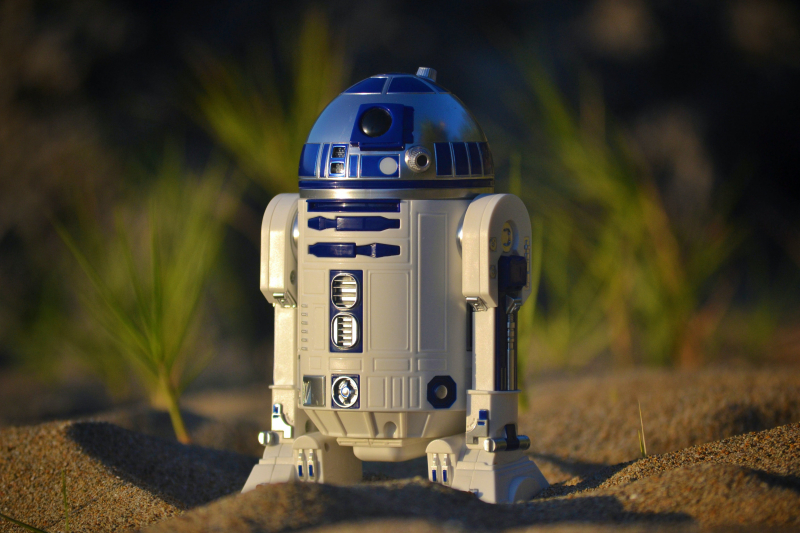Robots and Humans in Manufacturing
Essay topic: Robots and Humans in Manufacturing.
Answer:
In the realm of manufacturing, both robots and humans play crucial roles, yet their contributions differ significantly in terms of capabilities and functions.
Robots are mechanical machines designed to perform specific tasks in a repetitive manner. In manufacturing, robots excel at tasks that require precision and consistency. They can work tirelessly without breaks, enhancing efficiency in production. These machines are programmed to perform tasks with speed and accuracy, contributing to the mass production of goods.
On the other hand, humans bring a unique set of skills and adaptability to the manufacturing process. Unlike robots, humans possess the ability to think critically and solve problems creatively. They can adapt to changes in the production process, making them valuable in tasks that require decision-making and a personal touch. Humans also contribute emotional intelligence, understanding subtle nuances and collaborating effectively with others.
One notable difference lies in versatility. Robots are specialized machines, designed for specific tasks. Once programmed, they can repeat the same task consistently. However, their lack of adaptability makes them less suitable for tasks that require a diverse skill set or involve complex decision-making. Humans, with their cognitive abilities, can handle a wide range of tasks and easily adapt to changing circumstances.
Another aspect to consider is precision. Robots excel in tasks that demand high precision and repetition. They can perform intricate operations with minimal errors, ensuring consistency in the production process. **Humans**, while capable of precision, may introduce a degree of variability due to factors such as fatigue or differing skill levels.
In terms of collaboration, humans are inherently social beings. They can work seamlessly with others, communicate effectively, and collaborate on complex tasks. Robots, while efficient in their assigned tasks, lack the interpersonal skills and adaptability that come naturally to humans.
In conclusion, robots and humans in manufacturing each bring valuable qualities to the production process. Robots contribute speed and precision, especially in repetitive tasks, while humans bring adaptability, problem-solving skills, and the ability to collaborate effectively. The ideal manufacturing environment often involves a harmonious integration of both robots and humans, each playing to their strengths in a complementary manner.












